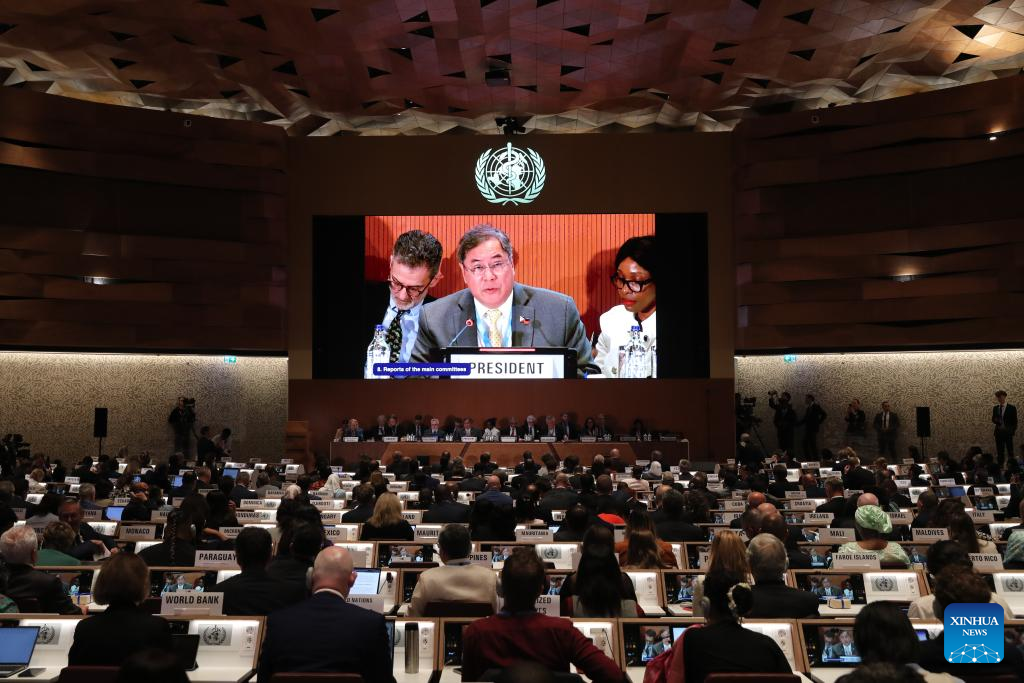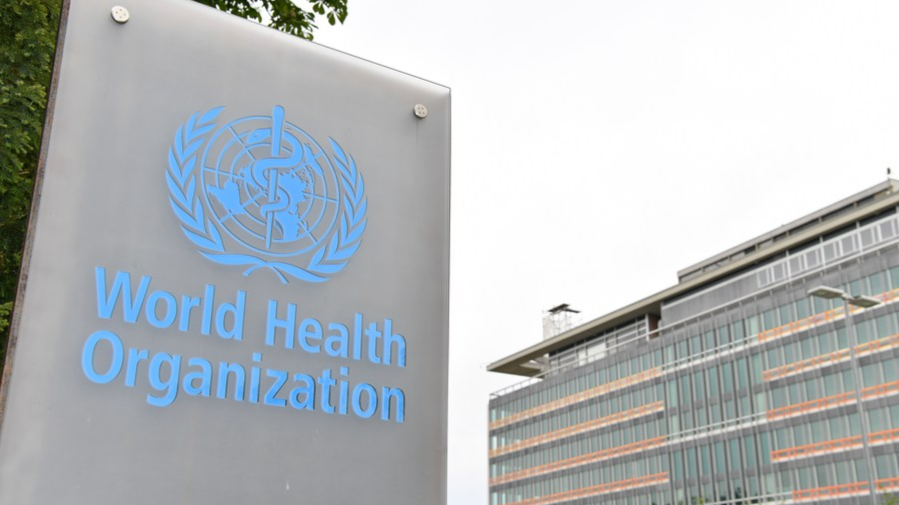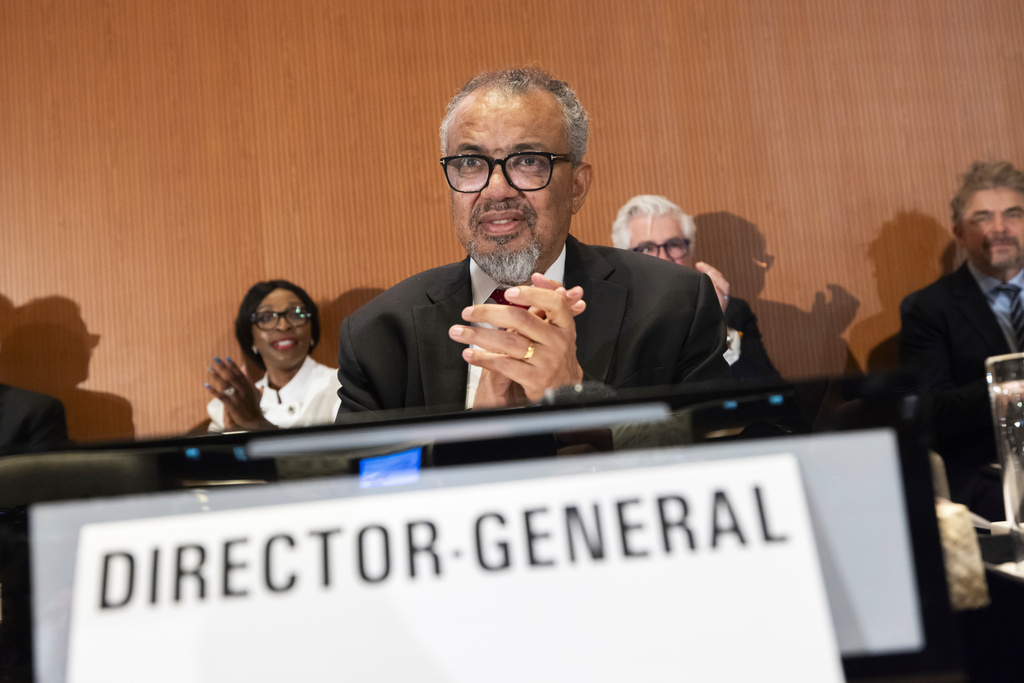
GENEVA - The World Health Assembly (WHA), the highest decision-making body of the World Health Organization (WHO), adopted the global pandemic agreement here on Tuesday.
The "pandemic agreement" proposes the establishment of a series of new platforms and mechanisms aimed at comprehensively reforming the existing systems for pandemic surveillance, prevention, and response. It seeks to promote research and equitable sharing of pandemic-related products, adjust the production and distribution order of such products, and further improve the global public health governance system, with a particular focus on addressing fairness challenges in international health development.
WHO member states, meeting on Monday in Committee A of the WHA, approved a resolution calling for adoption of the pandemic agreement. According to a press release on the WHO website, the resolution outlines several steps to advance global preparedness and pave the way for the agreement's implementation.

It includes the launch of a process to draft and negotiate an annex to the agreement that would establish a Pathogen Access and Benefit Sharing system (PABS) through an Intergovernmental Working Group. The result of this process will be considered at next year's WHA. Once the Assembly adopts the PABS annex, the pandemic agreement will then be open for signature and consideration of ratification, including by national legislative bodies.
Following the adoption of the agreement, the Chinese delegation told Xinhua that China has been actively engaged in the agreement negotiation process. Guided by the vision of building a global community of health for all, China has upheld true multilateralism, advocated for greater solidarity and cooperation among countries, and supported the WHO in playing its central coordinating role.
The Chinese delegation also noted that China has worked with all parties to improve the global health governance system and strengthen global capacity for prevention, preparedness, and response. On technical issues such as pandemic prevention and surveillance, China maintained a science-based approach, put forward constructive textual proposals, and actively contributed to the drafting process, playing an important role in promoting consensus among member states.
In addition, China, along with countries including Brazil, Indonesia, and Bangladesh, actively responded to the legitimate concerns of developing countries regarding equitable access to health products under the framework of the Group for Equity. These efforts demonstrated China's image as a responsible major country.

WHO Director-General Tedros Adhanom Ghebreyesus told the assembly that "the WHO pandemic agreement will run among the most significant achievements in the history of this organization and of global health," underscoring that it places humanity in a stronger position than ever before to prepare for and respond to pandemics.
In November 2021, a special session of the WHA established an intergovernmental negotiating body tasked with drafting a pandemic agreement under the WHO framework to enhance global capacities for pandemic preparedness, prevention, and response.
READ MORE: China vows to back global health efforts
On April 16 this year, the WHO announced that, following more than three years of intensive negotiations, member states had reached a consensus on the draft text of the agreement, which was then submitted for consideration at the 78th session.


